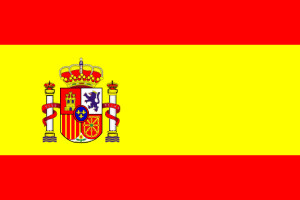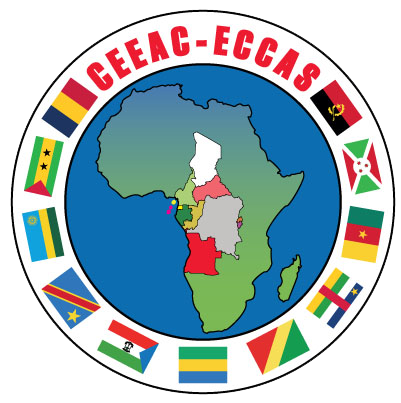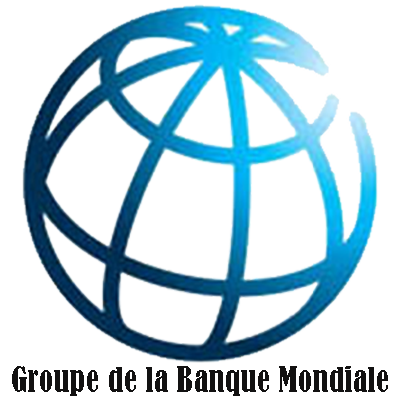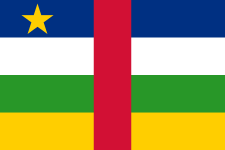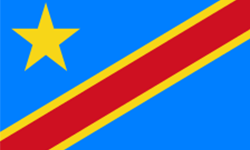NUTRITION EXPERTS FROM ECCAS COUNTRIES HOLD FIRST MEETING ON MALNUTRITION AND EARLY CHILDHOOD DEVELOPMENT
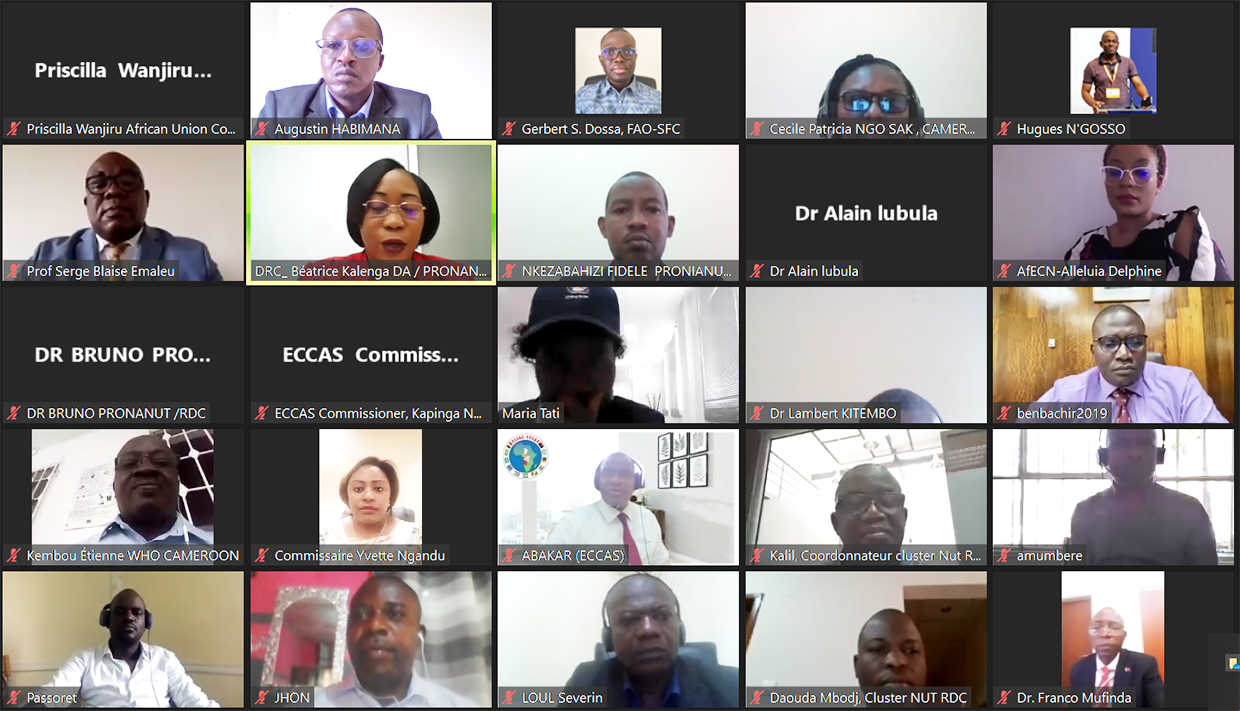
Libreville, 17 May 2022 - As part of the implementation of the 2022 Road Map of the current President of ECCAS, H.E. Felix Tshisekedi Tshilombo, who has made "Education, Health and Culture" the themes of his mandate, the ECCAS Commission held a meeting on Tuesday 17 May 2002. President Felix Tshisekedi Tshilombo, who has made "Education, Health and Culture" the themes of his mandate, the ECCAS Commission held this Tuesday, May 17, 2002, by videoconference, the meeting of officials and experts in charge of nutrition in the countries of the Economic Community of Central African States (ECCAS) and its partners including the African Union (AU), the Food and Agriculture Organization of the United Nations (FAO), the Africa Early Childhood Development Network (AFECN), to exchange on the situation of malnutrition in all its forms and early childhood development in Central Africa.
This meeting was also organised in support of the African Union's 2022 theme on nutrition: "Building Resilience in Nutrition and Food Security on the African Continent: Strengthening Agro-Food, Health and Social Protection Systems for Accelerated Human, Social and Economic Capital Development".
The official opening of the meeting was chaired by Mrs. Kapinga Yvette NGANDU, Commissioner in charge of the Department of Gender Promotion, Human and Social Development, on behalf of His Excellency Ambassador Gilberto Da Piedade VERISSIMO, President of the ECCAS Commission.
In her opening remarks, the Commissioner stated that ECCAS has made agriculture one of its priority areas in the Revised Treaty, which explicitly enshrines cooperation in the areas of agriculture, health, food and nutritional security, and animal and fishery resources.
She stressed that the current context marked by the coronavirus pandemic (Covid-19) has created a health and economic shock around the world, with unprecedented consequences on people's health, nutrition and livelihoods. These short-term consequences of Covid-19 are affecting the poor, including job losses, rising food prices, reduced purchasing power, rationing of food and other basic goods, leading to an imminent food and nutrition crisis if nothing is done to mitigate their impact.
This was followed by presentations presenting the objectives of the consultation by Prof Serge Blaise EMALEU, of the ECCAS REDISSE IV project, and clarifications on the African Union's Orientation by the representative of the Department of Health, Humanitarian Affairs and Social Development on the theme of the year 2022.
At the end of the presentations by the representatives of the ECCAS countries and partners, as well as in the exchanges that followed these presentations, the participants thanked the ECCAS Commission for organising this meeting to discuss the situation of malnutrition and early childhood development in Central Africa, which enabled them to have an overview of the regional situation of malnutrition, which appears to be a real public health problem in the Central African sub-region and a major challenge, if not an obstacle, to the development of the ECCAS countries.
Following the presentations of countries such as Angola, Burundi, Cameroon, CAR, Gabon, Congo, DRC, Chad and despite the efforts made and the multisectoral interventions, in several ECCAS countries, the nutritional situation is deteriorating more and more; there is also a great delay in achieving the objectives that the Heads of State and Government of the African Union set in Malabo in 2014 to reduce child stunting to 10% and underweight to 5% by 2025.
However, key interventions in countries to address malnutrition include improving the nutritional status of women of childbearing age; improving infant and young child feeding; strengthening prevention and management of micronutrient deficiencies (Iron, Vit. A, Vit B12, Zinc, Iodine); the management of acute malnutrition, including in emergency situations; the strengthening of synergy and convergence with the key sectors (food security, water, hygiene and sanitation, health, social protection, etc.)
To address the challenge of malnutrition and early childhood development, participants made recommendations that will serve as the following next actions: Organise periodic regional meetings to facilitate the sharing of innovative experiences; document innovative approaches that have enabled countries to make progress towards the 2025 targets; share good practices with other RECs; place particular emphasis on the MULTISECTORAL approach with community participation to make interventions more sustainable and efficient; organise a sub-regional meeting to determine together the roadmap with all the concrete actions to accelerate the process towards the 2025 targets; Extend to all the countries in the region the analyses conducted by the African Union on the cost of living in order to make available evidence that will enable effective advocacy in the mobilisation of the necessary resources; adopt by each ECCAS country policy and strategy documents on nutrition to make them more sensitive to systemic approaches including health, education, social protection, agriculture, hygiene and sanitation systems; mobilise the support of technical and financial partners to acquire and share experiences at regional level in the fight against malnutrition.
Closing the meeting, Prof. Serge Blaise EMALEU, on behalf of Commissioner Kapinga Yvette NGANDU, thanked all the participants for their interventions and active participation and reiterated ECCAS' commitment to follow up on the implementation of the recommendations of this meeting.
This meeting was also organised in support of the African Union's 2022 theme on nutrition: "Building Resilience in Nutrition and Food Security on the African Continent: Strengthening Agro-Food, Health and Social Protection Systems for Accelerated Human, Social and Economic Capital Development".
The official opening of the meeting was chaired by Mrs. Kapinga Yvette NGANDU, Commissioner in charge of the Department of Gender Promotion, Human and Social Development, on behalf of His Excellency Ambassador Gilberto Da Piedade VERISSIMO, President of the ECCAS Commission.
In her opening remarks, the Commissioner stated that ECCAS has made agriculture one of its priority areas in the Revised Treaty, which explicitly enshrines cooperation in the areas of agriculture, health, food and nutritional security, and animal and fishery resources.
She stressed that the current context marked by the coronavirus pandemic (Covid-19) has created a health and economic shock around the world, with unprecedented consequences on people's health, nutrition and livelihoods. These short-term consequences of Covid-19 are affecting the poor, including job losses, rising food prices, reduced purchasing power, rationing of food and other basic goods, leading to an imminent food and nutrition crisis if nothing is done to mitigate their impact.
This was followed by presentations presenting the objectives of the consultation by Prof Serge Blaise EMALEU, of the ECCAS REDISSE IV project, and clarifications on the African Union's Orientation by the representative of the Department of Health, Humanitarian Affairs and Social Development on the theme of the year 2022.
At the end of the presentations by the representatives of the ECCAS countries and partners, as well as in the exchanges that followed these presentations, the participants thanked the ECCAS Commission for organising this meeting to discuss the situation of malnutrition and early childhood development in Central Africa, which enabled them to have an overview of the regional situation of malnutrition, which appears to be a real public health problem in the Central African sub-region and a major challenge, if not an obstacle, to the development of the ECCAS countries.
Following the presentations of countries such as Angola, Burundi, Cameroon, CAR, Gabon, Congo, DRC, Chad and despite the efforts made and the multisectoral interventions, in several ECCAS countries, the nutritional situation is deteriorating more and more; there is also a great delay in achieving the objectives that the Heads of State and Government of the African Union set in Malabo in 2014 to reduce child stunting to 10% and underweight to 5% by 2025.
However, key interventions in countries to address malnutrition include improving the nutritional status of women of childbearing age; improving infant and young child feeding; strengthening prevention and management of micronutrient deficiencies (Iron, Vit. A, Vit B12, Zinc, Iodine); the management of acute malnutrition, including in emergency situations; the strengthening of synergy and convergence with the key sectors (food security, water, hygiene and sanitation, health, social protection, etc.)
To address the challenge of malnutrition and early childhood development, participants made recommendations that will serve as the following next actions: Organise periodic regional meetings to facilitate the sharing of innovative experiences; document innovative approaches that have enabled countries to make progress towards the 2025 targets; share good practices with other RECs; place particular emphasis on the MULTISECTORAL approach with community participation to make interventions more sustainable and efficient; organise a sub-regional meeting to determine together the roadmap with all the concrete actions to accelerate the process towards the 2025 targets; Extend to all the countries in the region the analyses conducted by the African Union on the cost of living in order to make available evidence that will enable effective advocacy in the mobilisation of the necessary resources; adopt by each ECCAS country policy and strategy documents on nutrition to make them more sensitive to systemic approaches including health, education, social protection, agriculture, hygiene and sanitation systems; mobilise the support of technical and financial partners to acquire and share experiences at regional level in the fight against malnutrition.
Closing the meeting, Prof. Serge Blaise EMALEU, on behalf of Commissioner Kapinga Yvette NGANDU, thanked all the participants for their interventions and active participation and reiterated ECCAS' commitment to follow up on the implementation of the recommendations of this meeting.
Laissez un commentaire
Votre adresse de messagerie ne sera pas publiée. Les champs obligatoires sont indiqués avec *







